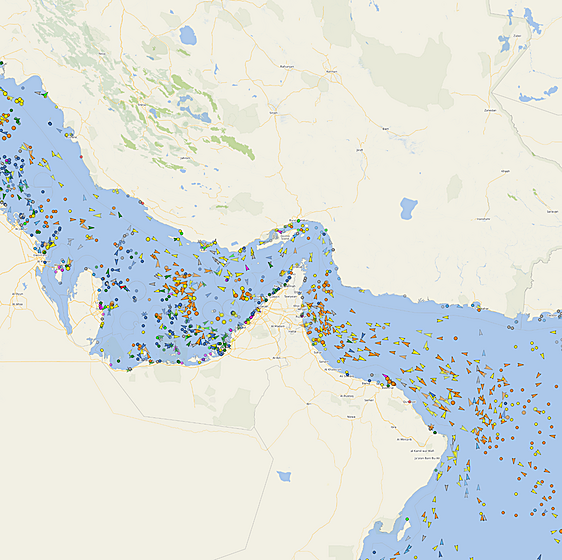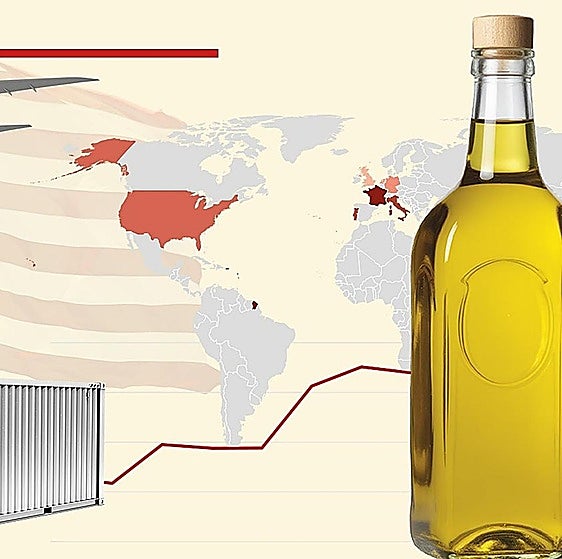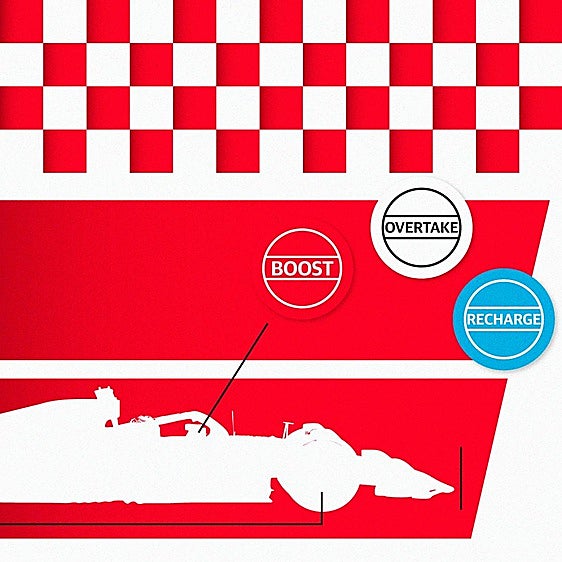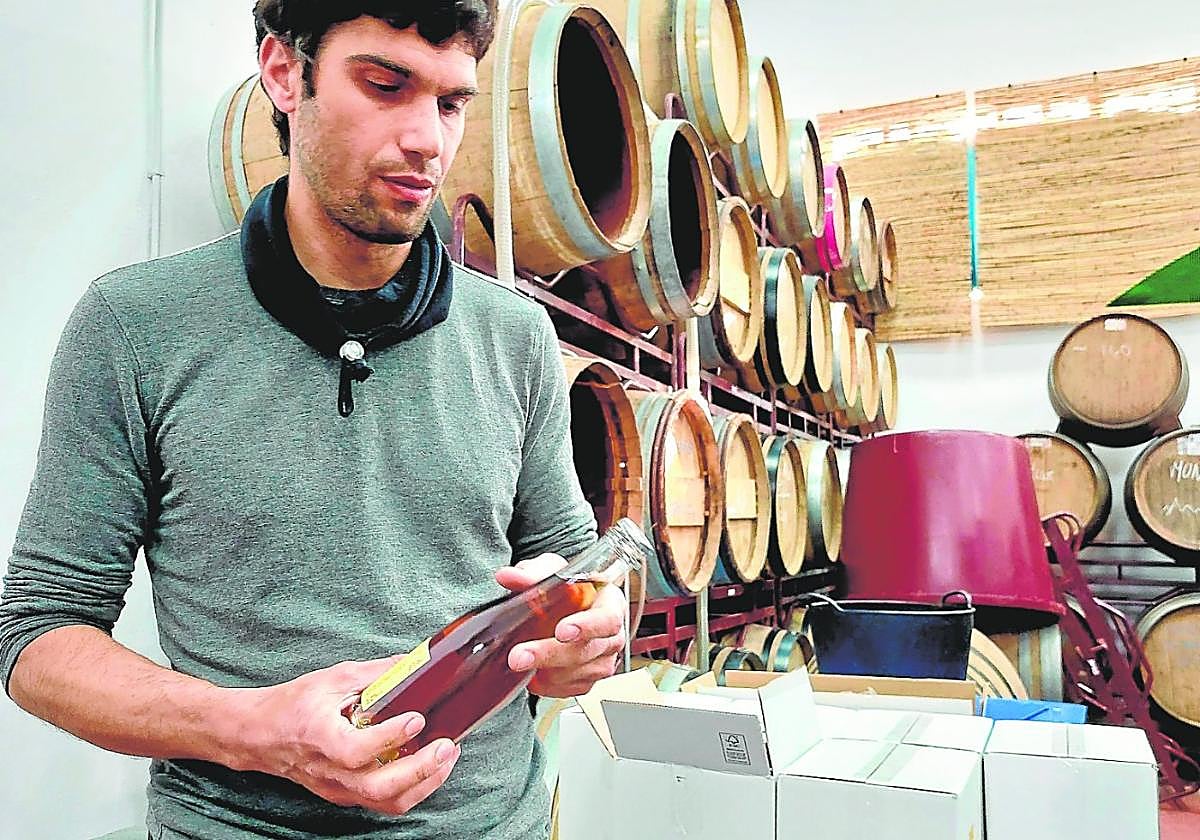Samuel Párraga, a connoisseur of natural wines in Malaga
From the bodega of a garage in Coín, the viticulturist and oenologist has wowed international distributors with the essence of his ancient vineyards
Esperanza Peláez
Viernes, 12 de mayo 2023, 11:30
Samuel Párraga emerges from an unmarked warehouse on an industrial estate in Coín, putting an end to an almost detective-like search.
It's not that the main producer of natural wines in Malaga province is hiding, but with a production of 15,000 bottles a year which are being snapped up by reputable specialised distributors in Canada, the USA, the UK, Denmark and Switzerland, countries where this type of wine is in fashion, publicity has not been one of his priorities. "We haven't been able to set up a website yet, but we have an Instagram account," says the shy 33-year-old who has been working in vineyards and the wineries since he was sixteen.
In Spain, natural wines form a sort of subculture within oenology (the study of wines). Unlike in France, which has a specific certification, in Spain they constitute a style that isn't quite organic wine (which is regulated by law here), and which goes further in some aspects: it is grown organically (with or without certification), it is not filtered, no yeasts are added other than those of the grapes and the soil, and no additives are allowed. If you know how to make them, you get wines of enormous complexity and personality. If not, what you get are wines full of defects and short shelf-lives.
Traditional production methods that have been revived are used to produce natural wine, something Samuel Párraga witnessed happening during his childhood.
"My family has always had vineyards and made wine for their own consumption. I have loved it since I was a child, so I studied Viticulture and Oenology in Manilva and then Oenology and Viticulture at the University of Cadiz," Párraga recalls.
"I did an internship at Bodegas La Capuchina, worked in California and France and then came back to Malaga to help with my father's project. In conventional wineries I had seen practices that didn't convince me, and when I started tasting natural wines, I knew what I wanted to do," he explains.
Párraga started as a taster or consumer of natural wines at La Casa del Perro restaurant in Malaga, (www.lacasadelperro.org). "Samuel came as a customer and told us that one day he wanted to make natural wines. We are very excited that his wines are now on our wine list because they are exceptional. Natural wines make up a very rich world, and in Spain there are some very good people producing them, although part of the public is unaware of them", says Ana Vicaria, who runs the bodega and small eco-shop together with her partner, Fede Ayllón.
The current production, which Samuel hopes will be 20,000 bottles this year, comes from a few hectares of leased vineyards in the provinces of Malaga and Granada.
"I have half a hectare or one hectare plots in different places: in Cómpeta and Sedella, the Montes de Málaga, in Cartajima and in the foothills of the Sierra Nevada. We start harvesting in the middle of August and finish in October but I like to work with different soils, varieties and altitudes and see how the wine expresses itself in each area," he says.
Detective work
Samuel Párraga explains that there is a certain amount of detective work involved in what he does: "In natural viticulture, we try to work with old indigenous varieties. This has meant moving around the countryside a lot, talking to older people and locating old vineyards whose owners are unable to work but would like to keep them. I make agreements with them and cultivate them with their help," he explains.
He goes on to say, "It's not just to prevent those vineyards from being lost, but to benefit from the wealth that the land and those who work it bring. In the past, people used to plant different varieties together. It may seem chaotic, but it made sense, because then they would blend the musts to make the wines to their taste, as if each family had its own label."
Párraga continues, "In the Axarquía, along with Muscatel, there are minority varieties such as Rome, which was used to give colour, or Montúa, which gives body. In Ronda you find other native varieties, and in Granada, again, other different ones, such as the Vijiriega, which I love. I make plot wines. I never mix musts from different vineyards, because each plot has its own identity."
At the moment there are fifteen different references, with ingenious labels designed by the Malaga studio Tiquismiquis Club, based on an idea by Pepa Cartini, which counterbalance the poetry of the project with their mathematical aspect.
"As we work with so many plots [of land], we decided to classify the wines with numbers and colours. The numbers indicate the altitude of each plot and the colours indicate the type of wine," Párraga says.
Although the labels have barcodes, the labelling task is also manual. Beatriz Pérez Giménez, Samuel's partner, had been working on it all afternoon. She needed to prepare a consignment that was leaving for Switzerland the following day.
The Centro Andaluz de Emprendimiento (CADE) building in Coín, which Párraga has on loan for four years as an incubator for his project, is full of grape treading vats, wooden barrels and earthenware jars; manual presses and pumps, pallets of bottles and rolls of labels are piled up here and there.
In the late afternoon the sun brings out magnificent shades of amber and ruby from the bottles that rest upside down for the sediment to decant.
If the idea of natural wines conjures up cloudy liquids, strange smells, metallic flavours and uncontrolled carbonic maceration, then you have not tasted quality wines.
Samuel Párraga's wines are proof that quality is more important than a name. For starters, the cleanliness, brightness and colours are a feast. "In natural viticulture we don't filter because we understand that in filtering we lose aromas, identity and nutrients. We clean by decanting," the winemaker explains.
Ancestral sparkling wines
"If the wine rests long enough, it remains transparent and shiny. To avoid unwanted fermentation, even the whites are aged for a year before bottling. On the other hand, for the ancestral sparkling wines, [historically prior to the champenoise method], we bottle before the fermentation of the must is complete, which continues in the closed bottle," he explains.
Samuel Párraga points to Fernando Angulo from Cadiz as his reference in the production of ancestral sparkling wines, but he has also become a specialist and six of his fifteen references correspond to ancestral sparkling wines.
Something else that stands out is the use of veneer instead of cork, not only in ancestral sparkling wines, but also in some still wines.
"I like the veneer because it preserves the characteristics of the wine and avoids unwanted evolution. The wines are alive, especially these ones," Samuel smiles.
Opening any of the bottles reveals a world of sensations. "By intervening as little as possible in the wine, what you get is a greater expression of the fruit, the yeasts, the soil and even the environment," Párraga reasons.
His youngest wine, the white Rapagón (a word meaning young, beardless boy), is made in the town of Mollina using Moscatel and Pedro Ximénez grapes. It is a heady, balanced, fresh and persistent work of art and costs 15 euros per bottle.
"It is the cheapest because my intention is that it can be served in restaurants at a reasonable price and it is the wine I produce most, but these wines have to come at a price because behind each bottle there are many hours of work," Párraga says to justify the price of a bottle.
"And you have to think that if vineyards disappear because they are not economically viable, the price of grapes will continue to rise. I think that the only way to preserve the vineyard and any other quality crop is for us to value it and pay for it," he concludes.
Take into account that behind each bottle there is a work of art that involves growing the grapes without the use of chemicals, harvesting by hand, treading the grapes by foot, and mastering the alchemy and timing to obtain a quality on a par with the best conventional wines, it is understandable that finding a bottle is more difficult than expensive.
The wines can be found in Malaga at La Casa del Perro restaurant and wine bar, Anyway, Vertical, and Vinoteca Terroir in San Pedro de Alcántara.



